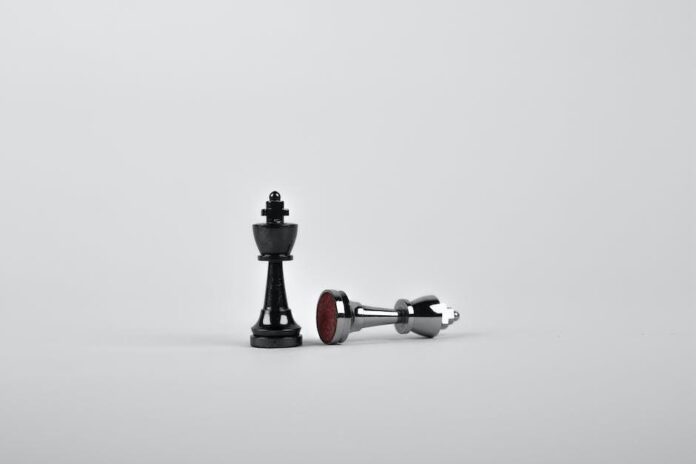
Iron deficiency anemia is a common health condition where there is a lack of healthy red blood cells due to insufficient iron levels in the body. This can lead to a range of symptoms, including fatigue, weakness, and difficulty concentrating. Fortunately, numerous strategies can be implemented for combating iron deficiency anemia and improving overall health and well-being.
Strategies for Combating Iron Deficiency Anemia
1. Iron-Rich Diet:
The first and most essential strategy for combatting iron deficiency anemia is to consume foods that are rich in iron. Some of the best sources of dietary iron include red meat, poultry, fish, lentils, beans, tofu, spinach, and fortified cereals. Incorporating these foods into your daily meals can help to increase your iron intake and improve overall iron levels in the body.
2. Vitamin C-Rich Foods:
In addition to consuming iron-rich foods, it is important also to include foods that are high in vitamin C in your diet. Vitamin C helps with the absorption of iron in the body, so consuming foods such as oranges, strawberries, kiwi, and bell peppers alongside iron-rich foods can help to maximize iron absorption and improve iron levels in the body.
3. Iron Supplements:
For individuals who have difficulty getting enough iron through their diet alone, iron supplements can be a helpful addition. There are various types of iron supplements available, including ferrous sulfate, ferrous fumarate, and ferrous gluconate. It is important to consult with a healthcare professional before starting any iron supplement regimen to determine the appropriate dosage and type of iron supplement for your individual needs.
4. Avoiding Iron Inhibitors:
Certain foods and beverages can inhibit the absorption of iron in the body, so it is important to avoid consuming these alongside iron-rich foods or supplements. Some common iron inhibitors include coffee, tea, calcium-rich foods, and high-fiber foods. Consuming these items separately from iron-rich foods and supplements can help to maximize the absorption of iron in the body.
5. Cooking with Cast Iron:
Using cast iron cookware for meal preparation can also help to increase iron intake. Cooking with cast iron can actually transfer small amounts of iron into the food being prepared, which can contribute to overall iron levels in the body. This is a simple and effective way to boost iron intake through everyday meal preparation.
6. Regular Blood Tests:
Regular blood tests can help to monitor iron levels in the body and detect any deficiencies early on. By staying proactive with blood testing, individuals can work with their healthcare provider to address any potential iron deficiency before it leads to anemia or other health complications.
7. Treatment of Underlying Conditions:
In some cases, iron deficiency anemia may be a symptom of an underlying health condition such as gastrointestinal bleeding or chronic inflammation. Treating these underlying conditions can help to improve iron levels and prevent further complications related to anemia.
8. Iron Infusions:
For individuals with severe iron deficiency anemia or those who cannot tolerate iron supplements, iron infusions may be recommended. This involves receiving iron intravenously, which can rapidly increase iron levels in the body and improve symptoms of anemia.
9. Lifestyle Modifications:
Making certain lifestyle modifications can also help to combat iron deficiency anemia. For example, quitting smoking and reducing alcohol consumption can help to improve overall health and increase iron levels in the body.
10. Seeking Professional Guidance:
It is important for individuals with iron deficiency anemia to seek professional guidance from a medical provider. A healthcare professional can help to determine the underlying cause of the anemia, develop a personalized treatment plan, and monitor progress over time to ensure that iron levels are improving.
In conclusion, iron deficiency anemia can have a significant impact on overall health and well-being. However, by implementing the strategies outlined above for combating iron deficiency anemia, individuals can combat iron deficiency anemia and improve their iron levels to achieve better overall health. From dietary changes to supplements and medical interventions, there are various options available to address iron deficiency anemia and prevent further complications. By working with a healthcare professional and staying proactive with treatment, individuals can take control of their iron levels and improve their quality of life.

















